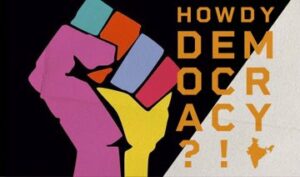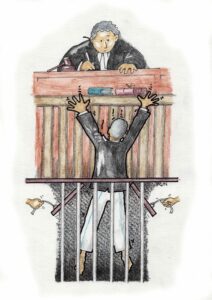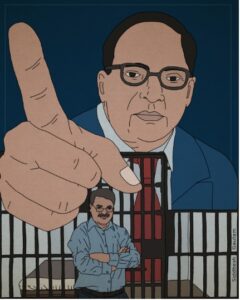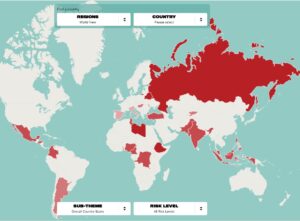
Fifty Years Later… Today, Emergency Rules!
27/06/2025
Countercurrents / by Frederic Prakash
It was fifty years ago! The nation will and should never forget that dark, infamous night of 25/26 June 1975, when, the then Prime Minister Indira Gandhi, declared a state of emergency all over the country, citing internal and external disturbances! That terrible chapter of the country’s history lasted for a full twenty-one-month period till 21 March 1977. … Ironically and tragically, fifty years later…today, emergency still rules!
Read more
India’s Social Regression Under Modi’s Eleven Years May Not Be Mendable
26/06/2025
The Wire / by Anand Teltumbde
While much has been written about the Modi regime’s economic failures and diplomatic missteps, the most insidious damage lies elsewhere – in the corrosion of India’s socio-cultural fabric.
… This damage is evident in the erosion of the country’s pluralistic ethos and the hardening of its deepest societal fault lines. A comparative glance at key social indicators from the pre-2014 era to the present reveals a sharp regression into communal majoritarianism, anti-intellectualism and institutionalised discrimination.
Read more
Police torture, ill-treatment make India ‘high risk’: Report
25/06/2025
Newslaundry / by NL Team
India was among the 26 countries assessed by the World Organization.
India has been ranked a “high-risk” country for torture and ill-treatment in the World Organization Against Torture’s first Global Torture Index 2025 that was released on Wednesday.
… Prominent cases include the Bhima Koregaon trial and the continued incarceration of Kashmiri activist Khurram Parvez. The report also raises concern over reprisals against activists monitoring public protests, from anti-Sterlite demonstrators to farmers’ agitations.
Read more
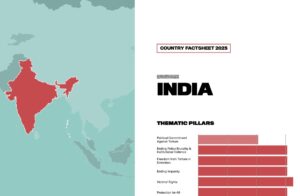
Read India report: INDIA – COUNTRY FACTSHEET 2025 (World Organization Against Torture / Jun 2025)
India among the eight worst countries in the world for torture
26/06/2025
Asia News / by Nirmala Carvalho
The report was presented in Geneva by the World Organisation Against Torture. There were 2,739 deaths in prison in 2024, an increase on the previous year.
… The report also highlights the persecution of human rights defenders as a major concern in India. ‘Torture is used as a weapon to silence them,’ Tiphagne said. He cited the case of Khurram Parvez, who has been in prison for over four years, and the defendants in the Bhima Koregaon case, who are still being held without trial.
Read more



